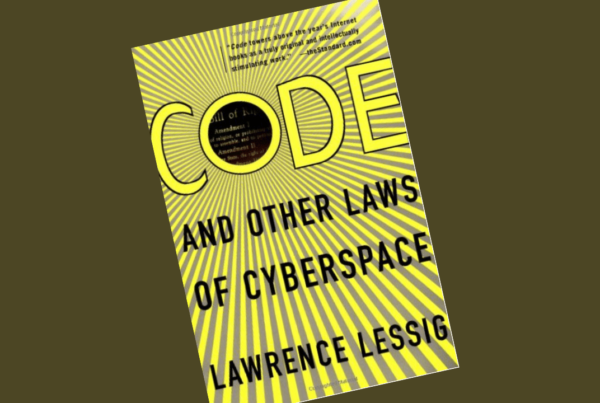Ernest Hemingway used to talk about something he called the Theory of Omission.
Writer John McPhee opined that this theory commands writers to “Back off. Let the reader do the creating.”
Meaning: don’t over-describe a scene. The reader will supply their own details, and enjoy doing so.
Here’s how Hemingway put it.
“If a writer of prose knows enough about what he is writing about he may omit things that he knows and the reader, if the writer is writing truly enough, will have a feeling of those things as strongly as though the writer had stated them.”
Hemingway, said “the dignity of movement of an iceberg is due to only one-eight of it being above water.”
So the point is, knowing what to omit will make your writing stronger.
As a general proposition then, writers can (and should) trust readers to figure out many things for themselves.
What’s the relevance of this theory to legal writing?
Lawyers seem to have trouble trusting their readers. We’re trained to be skeptical, which is fine up to a point.
But too often we over-describe things. I first learned this lesson when I was clerking for Judge Duplantier.
Judge Duplantier also believed in the “Theory of Omission,” or so it seemed.
For example, one day I handed him a draft of a Reasons for Judgment in a diversity of jurisdiction case. I had written a sentence about what law was relevant that began like this: “Under Louisiana law…”
He struck out two words and replaced one, so that it now read: “In Louisiana…”
Then he handed the papers back to me and said “it’s clear that we’re a court and we apply law. Just start talking about what Louisiana law is and everyone will understand what’s going on.”
I felt uneasy.
I knew he was probably right, but the phrase I had written was one that I’d seen literally hundreds of times before in hundreds of different written opinions.
And yet, the more I thought about it, the more it made sense to write it the way the judge wanted.
That’s the thing about omission: it’s usually (but not always) about breaking a deeply ingrained habit. We tend to write a lot of phrases without thinking about them because we’ve seen them so often.
Improving your writing is about becoming more aware of your word choices. You have to train yourself to look at every word you write, and ask, as you look at each word, “is this word really necessary?”
In his book Draft No. 4, John McPhee has a chapter entitled “Omission,” which is about this very principle. In that chapter he tells a wonderful story about meeting former President Dwight Eisenhower when he was a sophomore in college,
McPhee was at his friend’s house in Scarsdale and needed a ride home. His friend’s father offered drive him. The older man then told McPhee they’d need to stop off for a moment to run an errand.
(There’s a whole bunch of other details about the story, which is on pages 189 – 92 that I’m leaving out of the story).
Bottom line: McPhee winds up alone in a room with General Eisenhower, who is painting a still-life and is studying the unfinished picture closely. So here’s how he describes the situation…
“Now General Eisenhower and I were alone in his studio.
What on earth to say—with those five stars in pentimento on his shoulders, me a nineteen-year-old college student. The problem was more his than mine, but for him it was not a problem.
He began to talk about the red-checked tablecloth and bowl of fruit. He said that when he was growing up in Abilene, Kansas, his world was symbolized by tablecloths just like this one, and that was why this current project meant so much to him.
The still-life was well along—the apples, plums and pears deftly drawn and highlighted. Pretty much tongue-tied until now, at last I had something to ask. Despite the painting’s advanced stage, it did not include the grapes.
I said, ‘Why have you left out the grapes?’
Ike said, “Because they’re too God-damned hard to paint.”
So, here’s the thing…
I highly recommend getting a copy of Draft No. 4.
First it will help raise your awareness regarding word choice.
Plus, it’s filled with lots of entertaining stories.
P.S. Get the Smart Lawyers Tech Guide.







